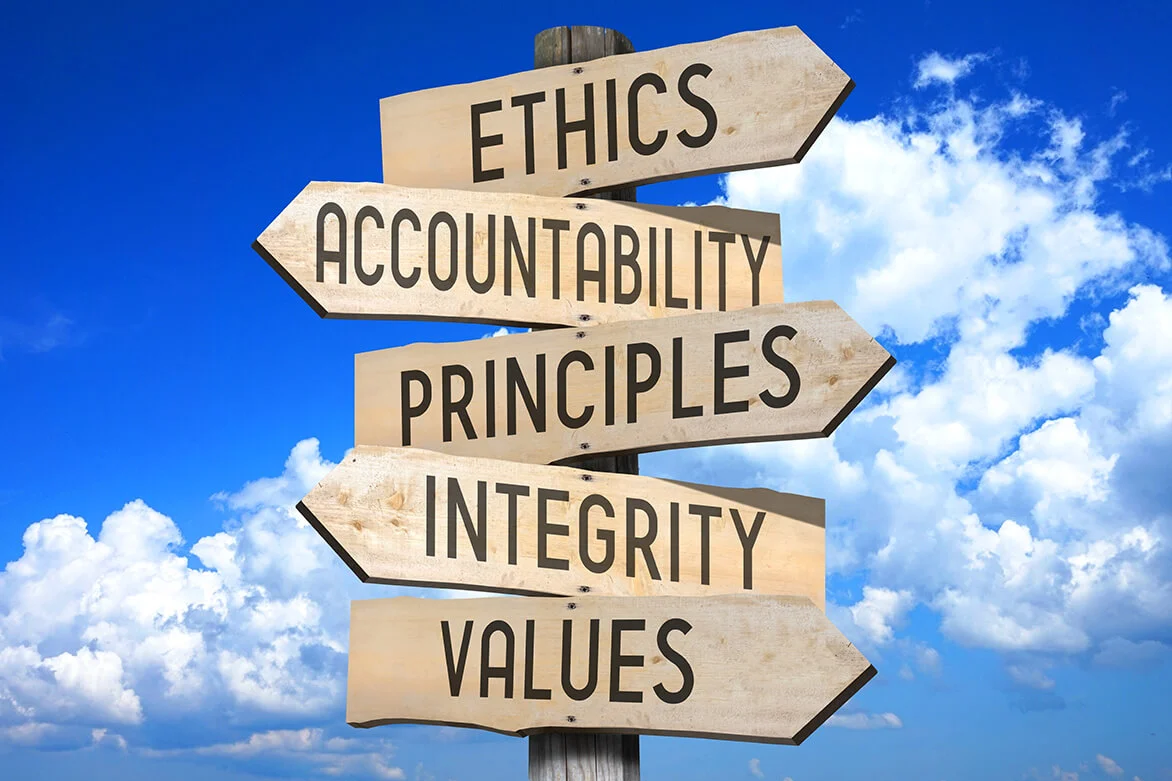UPSC CSE Mains Exam consists of a total of 9 Papers which include 2 Language Papers (qualifying in
nature), 1 Essay Paper, 4 GS Papers (GS-I, GS-II, GS-III
& GS-IV) and 2 Optional
Subject Papers. Out
of all these papers, Ethics is part of the GS-IV Paper.
Ethics Paper (GS-IV) was introduced in 2013 but still is shrouded in
mystery. Because there is no single good book that explains basics
authoritatively, partly because the syllabus itself can be understood broadly,
and partly because most of us lack a solid foundation in ethics due to the lack
of a directly applicable college course.
To clear up any misconceptions students may have regarding Ethics study
material and strategy for preparing the subject, we have produced this article,
which lists some typical study material sources to be referred to as well as a
plan of action that you can follow to prepare for an ethics paper.
This paper contains questions designed to assess candidates' attitudes
and approaches to issues of integrity, probity in public life, and his/her
problem-solving approach to various difficulties and conflicts encountered
while interacting with society. To determine these aspects, questions may
employ the case study approach.
Ethics Study Material for UPSC CSE Mains Exam
Lexicon is the starting point for most aspirants. Following
that, the following logical steps may be taken: -
Ø Papers from the previous year - It is the most reliable source for
understanding the scope of the syllabus and the kind of questions given.
Ø Preparing from the study material provided by
the institute.
Class notes vary depending on the background
of the teacher. Teachers of ethics typically
come from one of three backgrounds: philosophy, psychology, or public
administration. They all bring their own point of view, which is both valuable
and limiting. Idea is to incorporate
each one's expertise into the content.
Ø In terms of
conventionally published books, many people prefer Subba Rao's work because it
provides a reasonably balanced approach between theory and practice. There are
three types of authors in this field: successful candidates who have produced
books based on their experiences, university professors and academics who have
written books, and practitioners such as serving bureaucrats. There is also a
collection of articles, essays, and speeches written by a group of the three
mentioned above. Each sort of book has advantages and disadvantages. The
challenge in ethics is that notes and materials become fast outdated as the
question paper format evolves year after year. What works today may not work
tomorrow. So, pick your book wisely.
Ø Internet - There
are numerous sources available, some of which are highly appealing. Harvard
Professor Michael Sandel teaches a course called Justice. It's an excellent
series of video lectures that introduce the uninitiated to the world of
ethics. YouTube has a variety of topical videos. Various Western governments
and agencies, such as the OECD and the UN, have their own documents, kits, and
reports (such as the UK's Nolan and Cadbury committees etc).
Ø The Indian
government has issued reports such as the Second ARC. From an Indian
perspective, the DoPT has issued a useful manual on ethics for civil personnel.
Home Ministry and DARPG both have manuals. So, read over past year's ethics
papers, take note of any changes, and choose your study material accordingly.
How to Prepare an
Ethics Paper for the UPSC CSE Mains Exam and Get a High Score
Ø The
first and most crucial method is to practise with case studies. To begin, study
a lot of case studies; you will note that each situation necessitates a
different decision-making or reaction than the others. The methodology of the
case study will vary based on the context. The case study style is a common
teaching tool in fields such as commerce, health, military strategy, and law.
Each of them has a distinct style. Because civil service is a recent entrant in
India, its format is not yet codified.
The
goal is to be aware of numerous ways of writing case study responses and to be adaptable
enough to use them correctly here.
In situational
case studies, practical responses are valued more. Social awareness is tested
more in social case studies, although administrative mind application is tested
in some case studies. Read some fundamental literature on SWOT analysis,
stakeholder analysis, and other topics that will help you understand the case
studies.
Ø Second,
while reading the newspaper, try to focus on the behaviour of the many people
involved. Everything boils down to three factors: stakeholders, communication,
and decision-making.
Ø The
trick is to keep resources to a minimum and concentrate on what is necessary.
And it is here that the prior year's papers come in handy.
Ø In
addition, regardless of the source used, the answer writing must be completed.
It is all about articulation in ethics. It can only be enhanced via consistent
writing practice.
Ø Finally,
remember that the examiner appreciates personal insight over academic
understanding derived from books. As a result, attempt to generate your own
examples, analysis, and comprehension.

